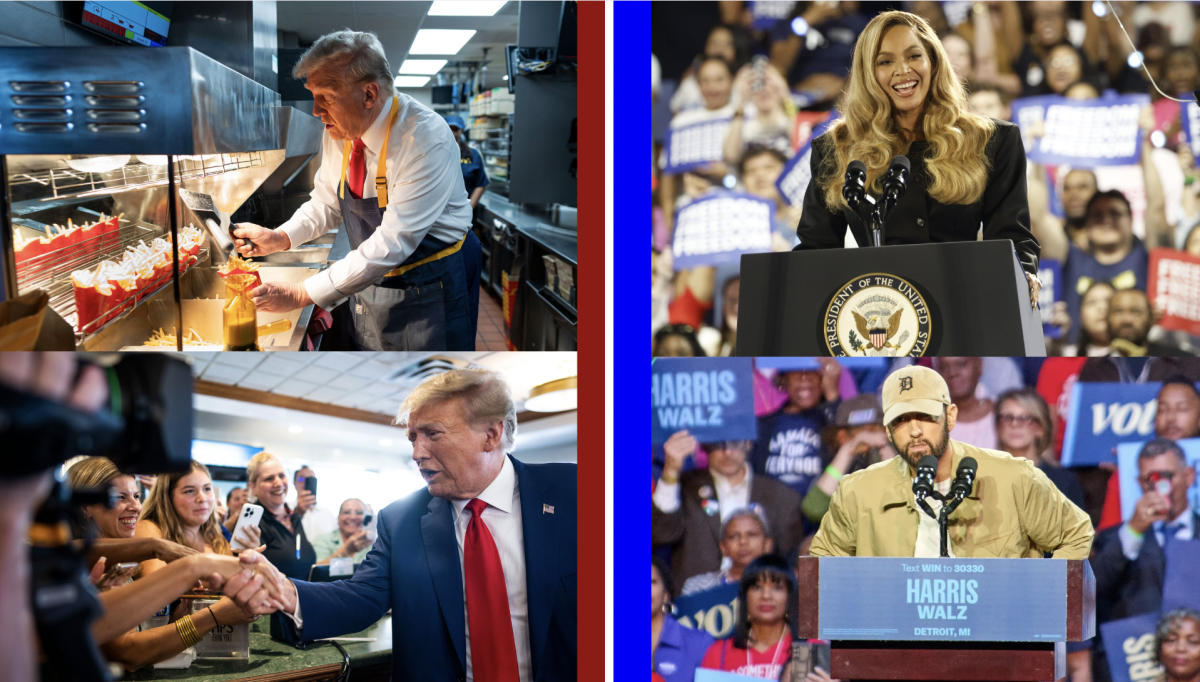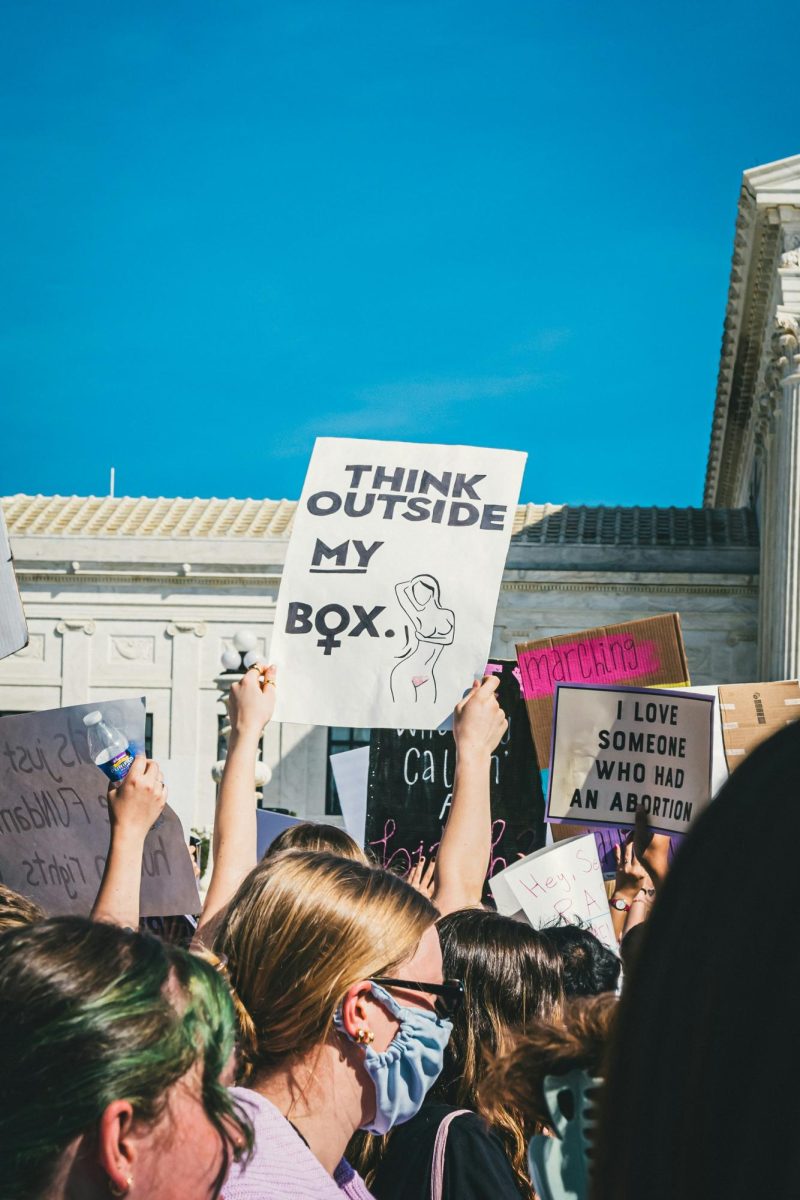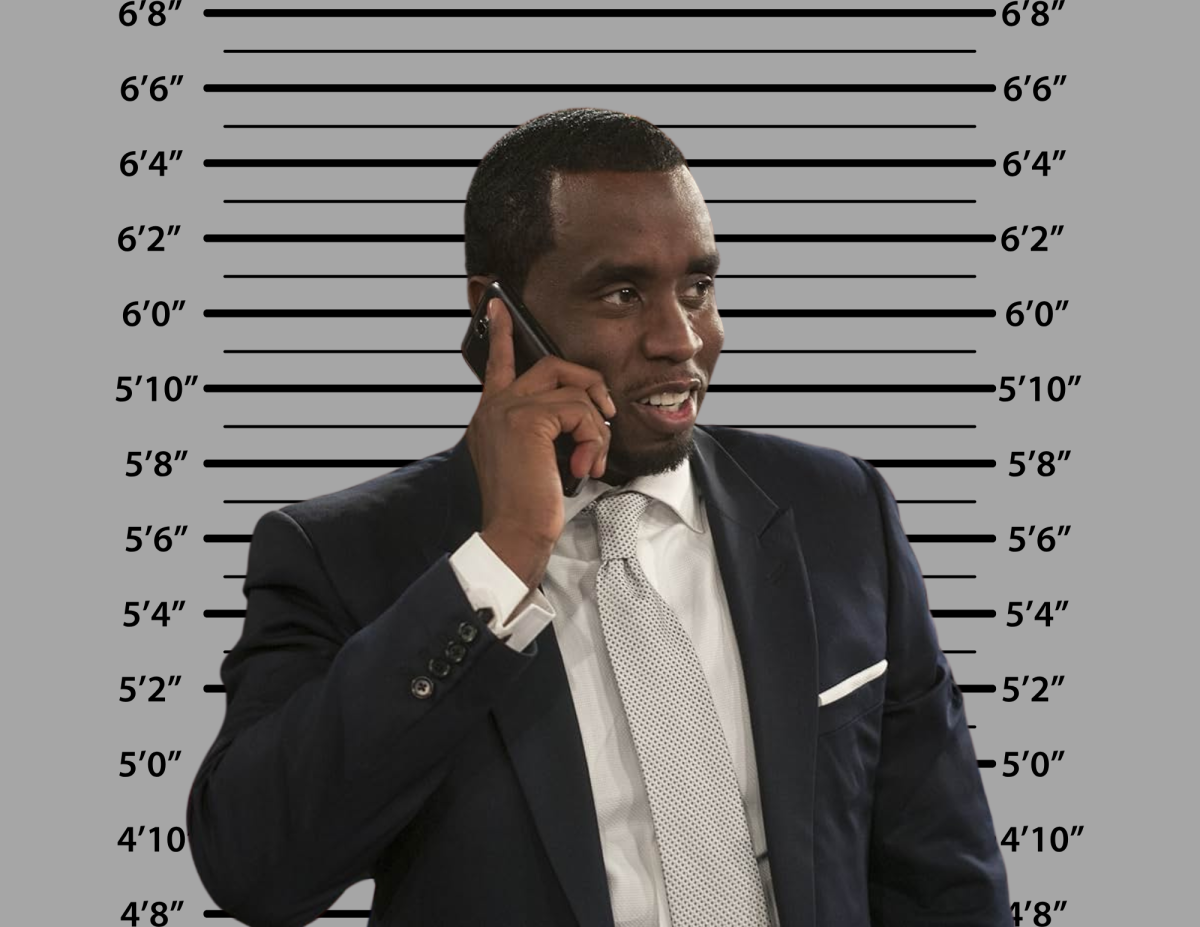Charles Wagner | Opinions Editor
Sept. 18, 2014
August 9, 2014 will no doubt go down as yet another landmark moment, which has once again set racial injustice, and police brutality, back into the forefront of the national conversation putting on public display, the bubbling cauldron of frustration
Unless you have been living under a rock these past few months, your Facebook, Twitter and YouTube accounts have all mysteriously malfunctioned, or your television is broken, I’m sure you’ve heard at least a little about the uproar going on in Ferguson, Missouri stemming from the police shooting of 18 year old, African-American teenager, Michael Brown.
Several witnesses have come forward insisting that police officers fired upon Brown, killing the young man in a hail of bullets even though the teenager was unarmed and had his hands raised in surrender. Recent autopsy results report Brown was struck at least 6 times, including twice in the head.
For many, the Michael Brown case is the latest blatant example of why there exists a chronic mistrust of law enforcement among minority groups whose populations consist urban inner city communities which officers are paid to “serve and protect”.
The typical reaction to the rough treatment often administered toward African-American communities by law enforcement has been one of generally peaceful protest. Although this has often been the case historically, every now and again an incident has occurred which touches enough nerves and resonates with enough people to spark massive rioting in which Black citizens have taken their outrage to the streets, destroying property and businesses in their wake as done in the fires of the Watts riots of 65, and the outrage and subsequent riots following the Rodney King verdict in 92.
So once more the battle cry “No Justice No Peace!” is again being chanted aloud among the youth with passion and angst as many feel justice has yet to be equally distributed in a country which prides itself on being the home of democracy and the land of the free.
As disturbing images of irate crowds gathering and facing off with officers in riot gear pervades the airwaves, news has seemed to focus more on the negative nature of the protest as several protesters, though it must be noted, not all, have decided to display anger by looting and burned local businesses.
The fact that the once peaceful protests have taken on a more aggressive tone turn has caused social critics, including among them celebrities, commentators, athletes and even the president himself to speak out on the ramifications of the killing of Brown and the unrest in Ferguson.
Some of the questions being asked and pondered by many as news reporters continue to document the passionate ongoing citizen protest over the Brown shooting include the following. How does rioting help address the situation at hand? How much outrage is justified? Do rioters make justice in the Brown situation more difficult or more likely? And can the act of rioting be utilized as a viable tool of social protest?
are destroying much needed businesses in an impoverished community, personally, I feel the blame for the current social unrest in Ferguson unrest does not lie with the protesters.
Rather, in my opinion the riots in Ferguson are not produced by an eager, criminal minded populace seeking anarchy, but by social conditions that by their very inhumanity fuel the venomous outrage being expressed.
Riots in situations such as the Brown incident are more often than not in my opinion, a last ditch response used by frustrated protesters attempting to get the attention of key authority figures. It is the way in which disenfranchised, marginalized people express and vent their frustrations with the social or economic conditions of their communities showing by their very anger that there is a problem here.
Though perhaps controversial, in my opinion, and in contrast to many, the rioters of Ferguson are justified in bringing attention to the Brown case by any means because ironically, it is this very display of outrage that has kept the story of police brutality and injustice in the Black community on the front page and national headline news.
In a media driven world in which Kim Kardashian getting a new hairstyle can become headline news, had public anger and displeasure with social justice in Ferguson not been on display so vehemently the news media could have quickly changed the national story and the subject of race and justice would be off the table for discussion yet once again, much to the detriment of our collective society.




